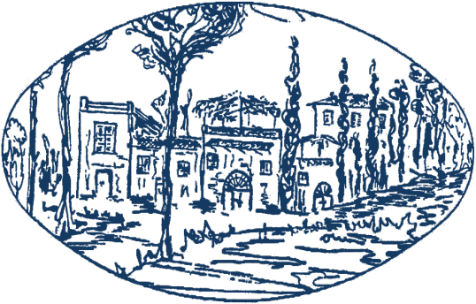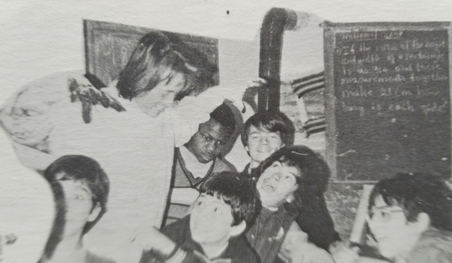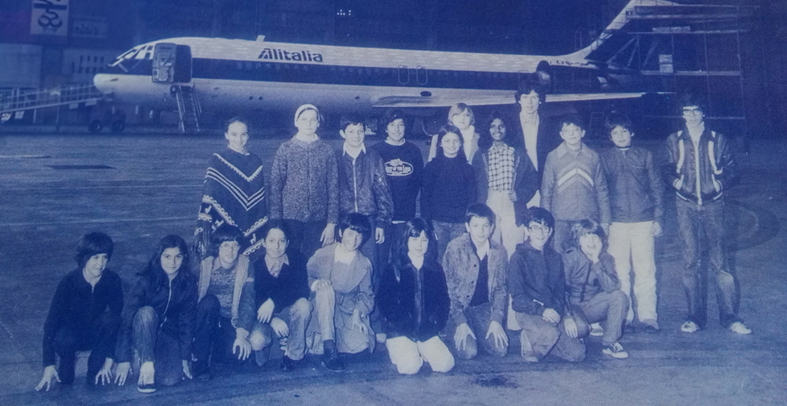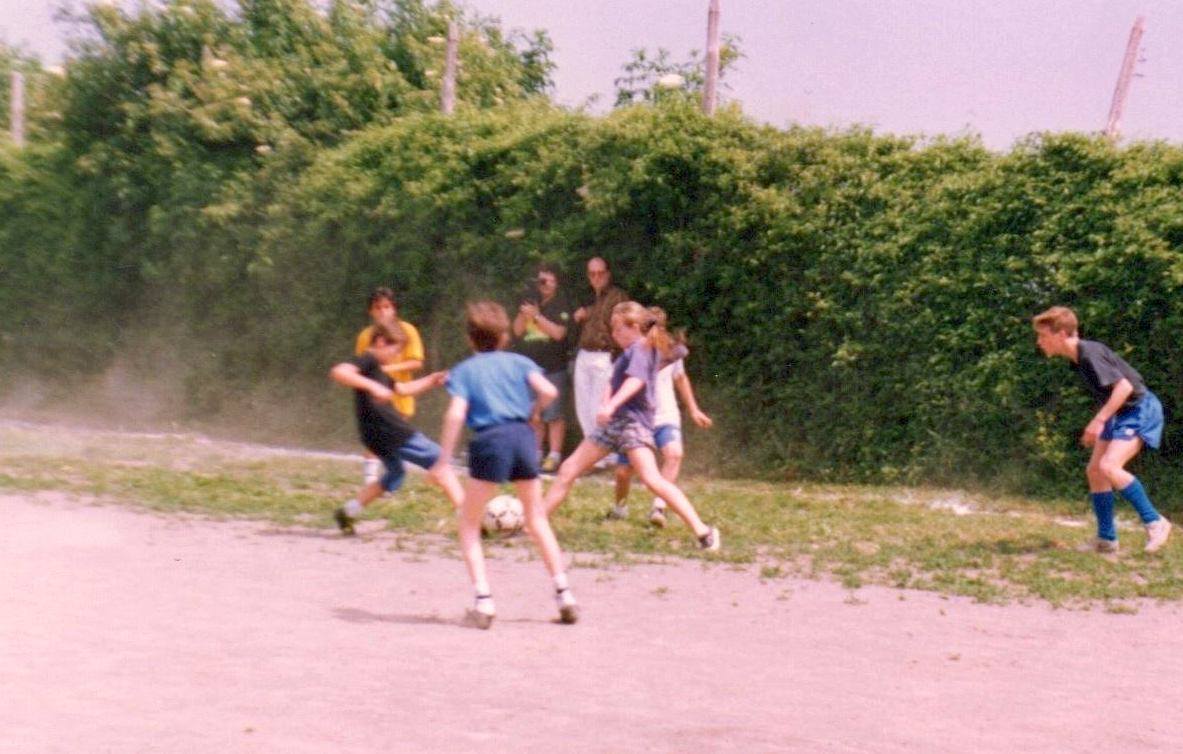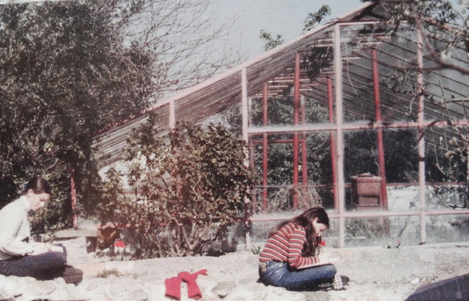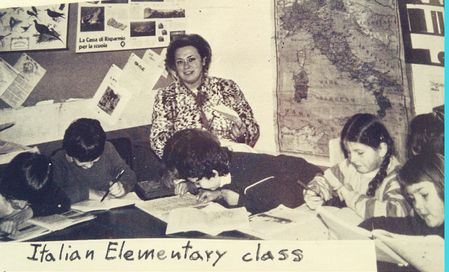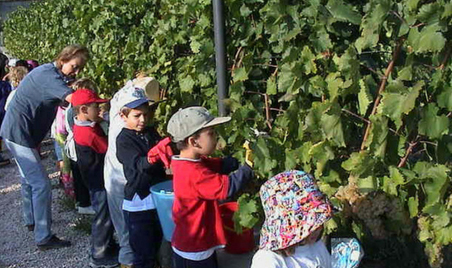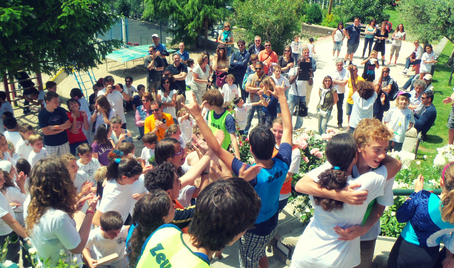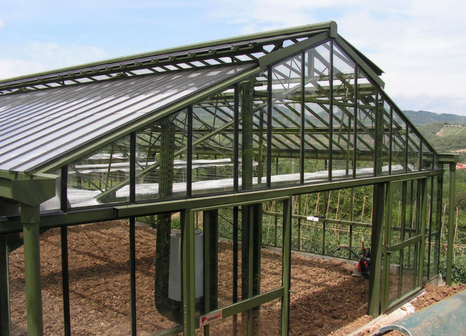International Teachers
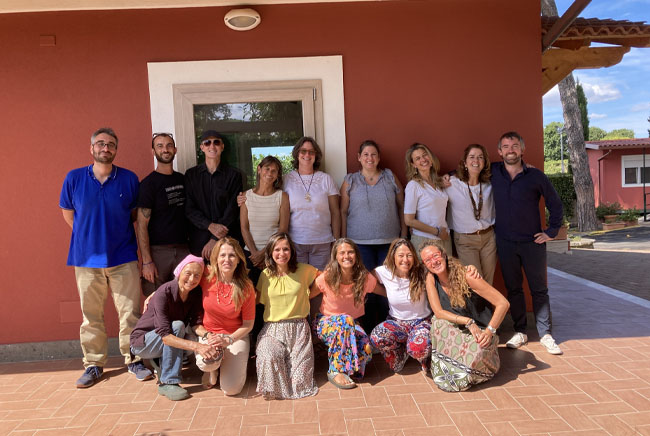
All our teachers have university degrees and are accredited to teach according to recognised international post graduate degrees and certifications (PGCE). Our faculty and staff come from the UK, USA, Canada, Ireland, Belgium and Italy. French and Italian, as well as optional foreign languages, are all taught by qualified mother-tongue teachers. Low staff turnover ensures the necessary continuity to guide students in their learning.
International Experience

CIS students are a mix of various nationalities as they come from all continents. This mix of cultures fosters the growth of open-minded individuals with a sense of curiosity, inclusion and global citizenship. Our faculty and staff are committed to nurturing caring individuals through a well-rounded international curriculum where students are encouraged to collaborate, think critically and solve problems. Secondary school students participate in the Model United Nations programme each year in cities such as Rome, New York and Boston, alongside thousands of international students, learning about different countries and cultures and discussing the most pressing global issues together.
